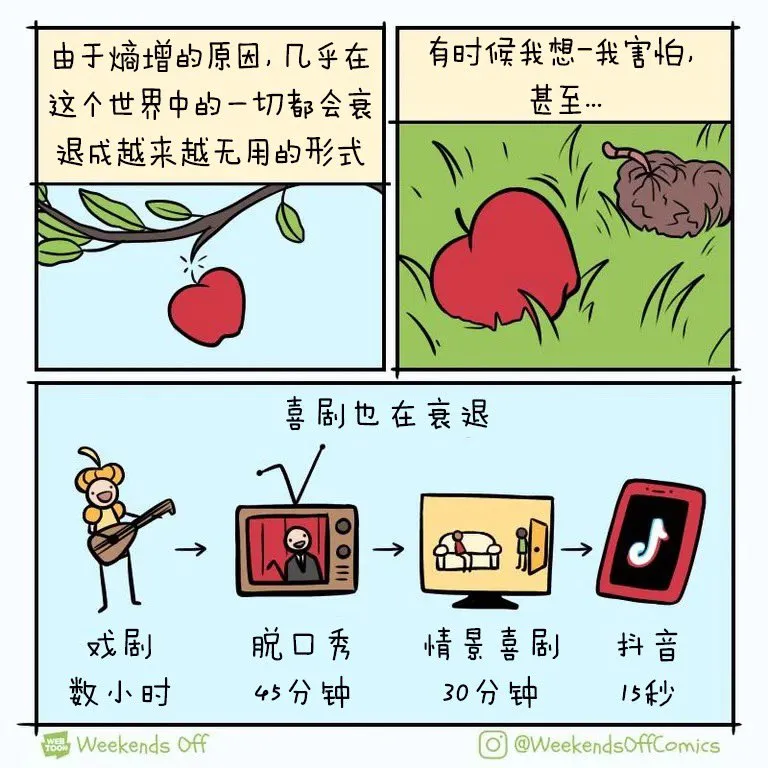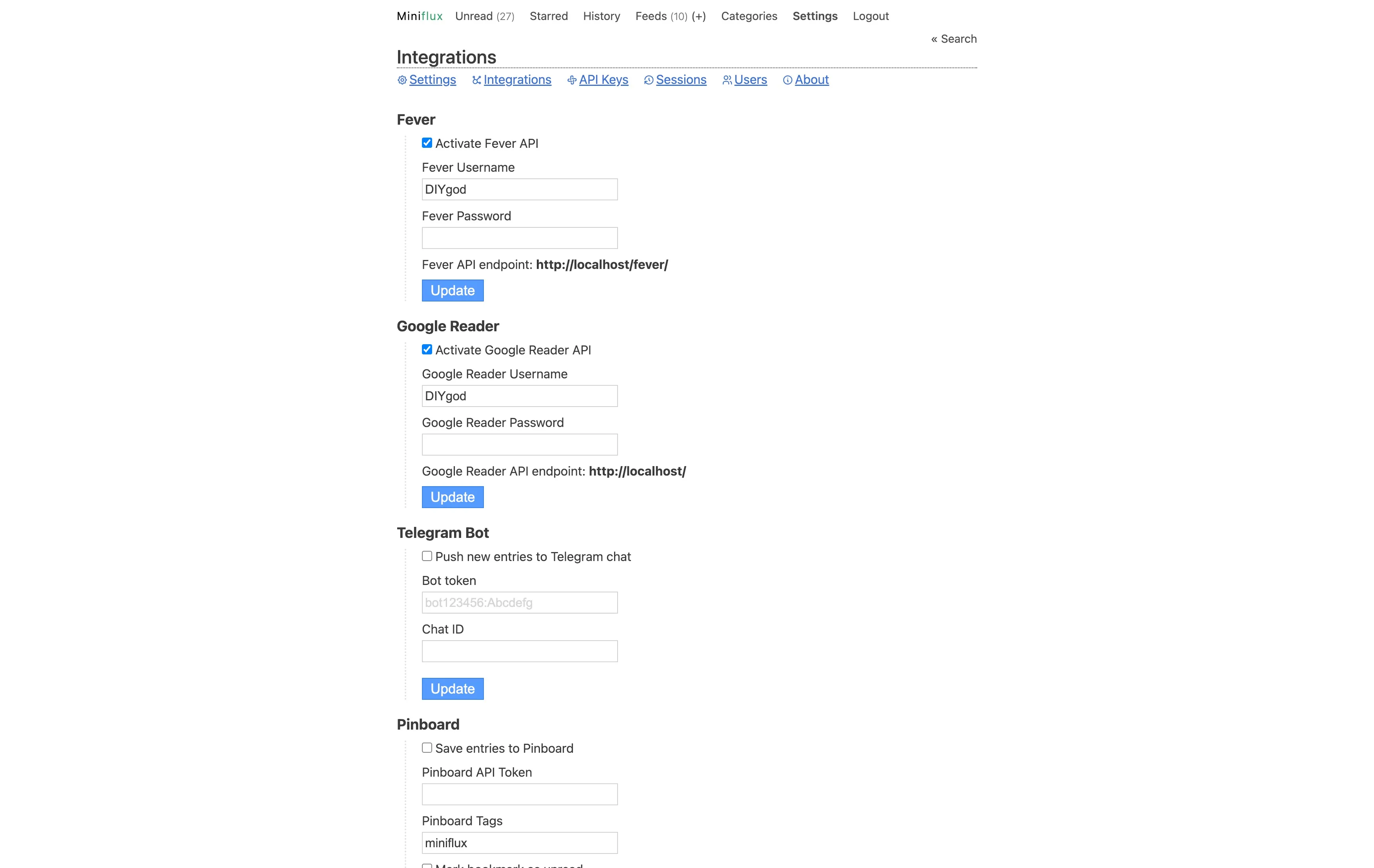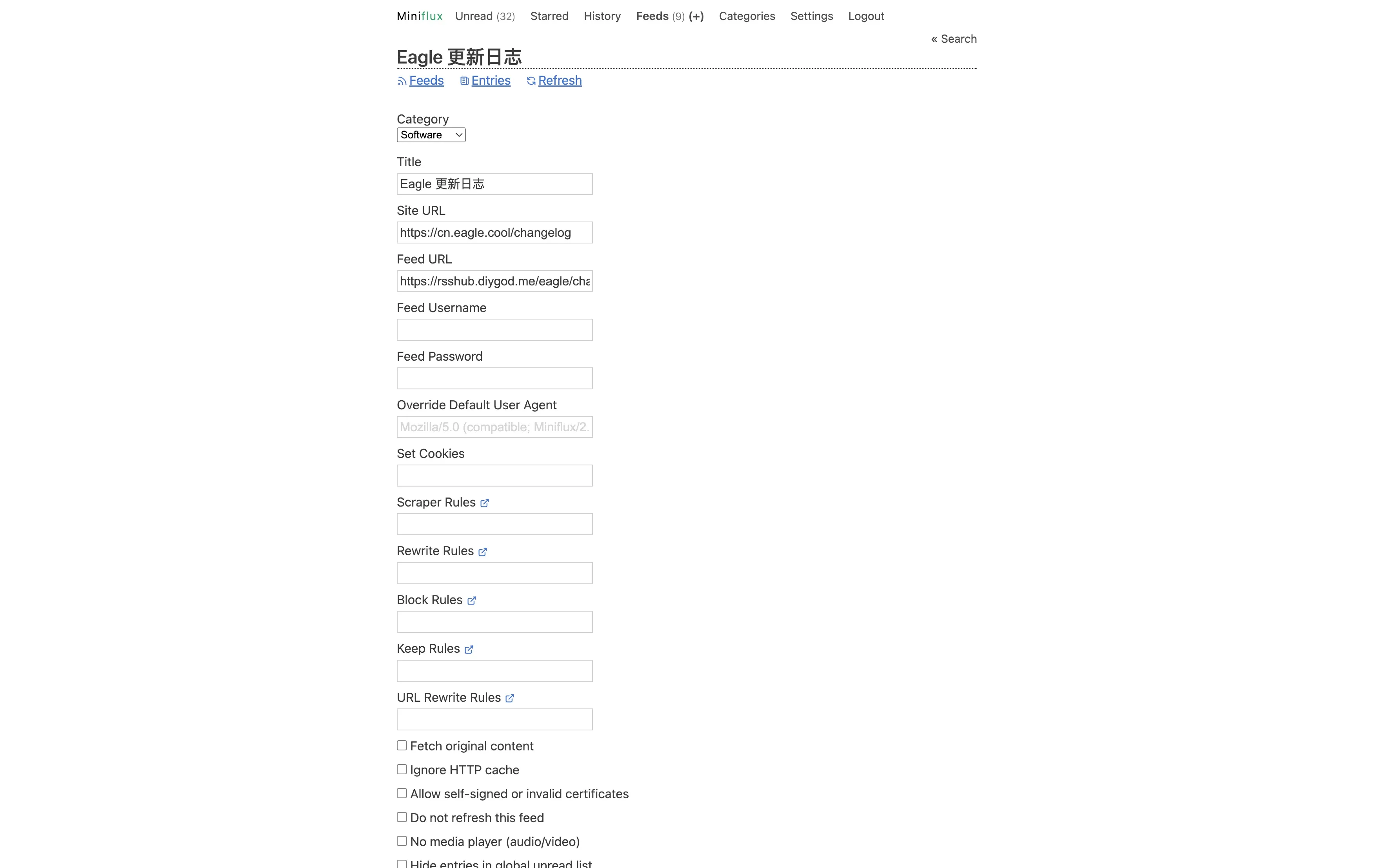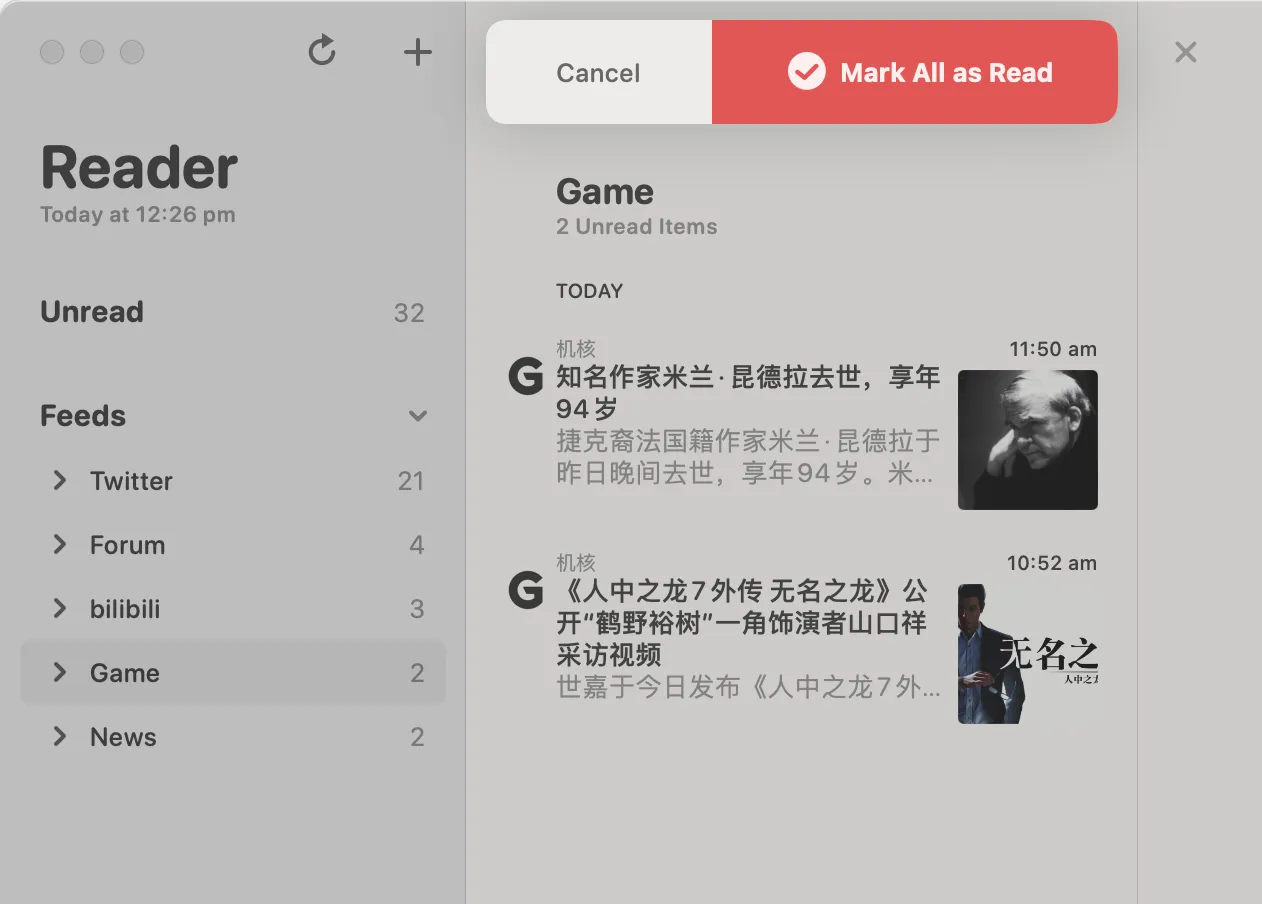
衰退无处不在,这是很正常的现象。人们自然而然地更倾向于短平快的消费方式。然而,我一直无法忍受的一种奇怪趋势是,在一些地方,人们将 RSS 抛弃,转而使用 Newsletter。
本质上,电子邮件是一种私密的双向通信机制,而 RSS 是一种开放的单向通信机制。使用电子邮件进行私密的更新和文章推送是没有意义的,RSS 是更自然的选择。强行将这些功能应用于电子邮件可能会导致许多问题。这些问题让我觉得 Newsletter 就像一个没有能力但却拼命想证明自己的暴君,无法很好达到发布者期望的效果,又过分侵犯了用户的选择和效率。
五宗罪
封闭限制
RSS 是一种开放协议,它允许用户自主订阅和拉取感兴趣的网站的 RSS 源,获取最新的更新和文章,无需他人的许可。用户还可以通过阅读器的个性化设置自由选择所需内容,并且可以使用多种渠道接收通知,甚至可以使用 Telegram Bot 进行订阅。

而 Newsletter 是由发布者推送到用户私人邮箱的订阅信息,整个过程依赖于平台方,渠道全程封闭。这种封闭极大地限制了用户的选择权,用户被迫在平台的许可下,通过特定渠道和特定格式接收固定信息。
繁琐低效
相比之下,RSS 更加简洁高效。订阅源可以集中管理,分类、收藏、订阅和取消订阅的过程也非常简单。

而 Newsletter 则会将各种各样的邮件混合在一起,非常分散且难以管理。你很难知道自己到底订阅了哪些内容,它们什么时候会突然出现。而且,内容格式也是各种各样的,查看和阅读起来非常混乱,所以你也不能将一篇文章进行收藏,更不用说方便的第三方集成了。
信息过载
Newsletter 很难对内容进行有效分类和过滤,又与所有正常邮件混合在一起,需要花费精力手动整理。这很容易导致信息过载和垃圾邮件的问题。
而 RSS 可以很方便地进行分类和过滤,对于不重要的内容,你也可以一键全部标记为已读瞬间解脱,完全没有压力。


更新周期长
对于RSS的更新虽然不算实时,但一般以小时计,类似RSSHub等自建服务,甚至可以做到每分钟更新。相比之下, Newsletter 的更新周期,以天甚至周月计,明显滞后了许多。
隐私和安全风险
RSS的开放性体现在它不需要用户提供个人信息,从而确保了更好的隐私性和安全性。然而,Newsletter 至少需要提供一个邮箱地址,这增加了数据泄露或滥用的风险。更有甚者,电子邮件可能包含恶意链接或附件。
也有一些优点
尽管我对 Newsletter 的低效和局限性持批评态度,但我也承认它有其优点,它的流行也有一些合理性,特别是在卖方市场的情况下对于一些发布者来说。Newsletter 可以让他们获得更多的控制权和点击率,可以更容易知道有谁订阅了他们的内容,并通过邮件通知更强烈地唤起用户的注意。
然而,站在用户的角度,我必须明确表示,我更偏爱 RSS。我不愿意以放弃自己的选择权和效率来迎合发布者的控制欲。在我看来,获取信息的权力应该掌握在我自己手中,而非其他人或机构。所以,我在这里对 Newsletter 说不。